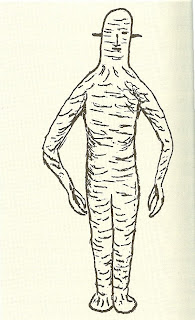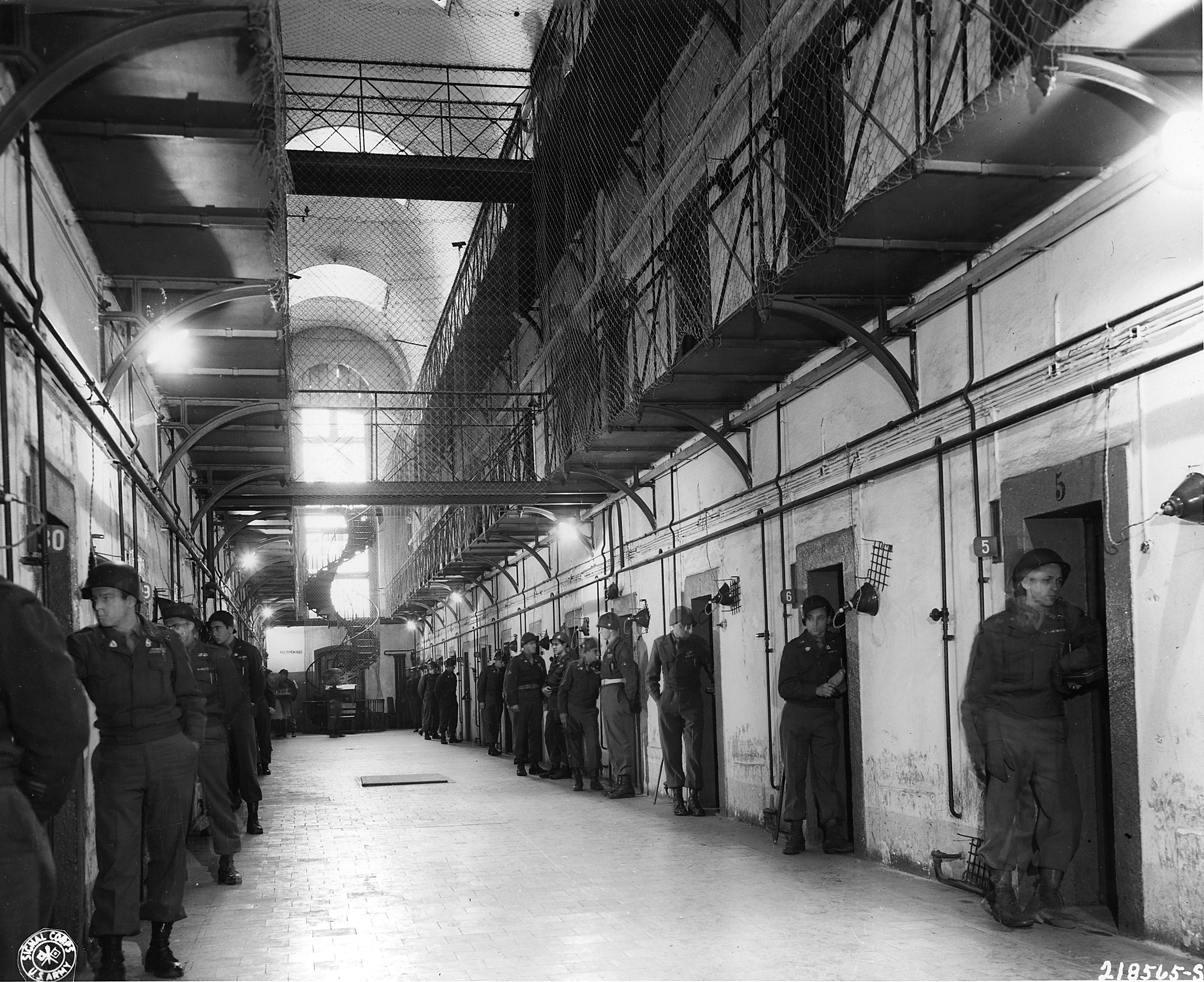 |
| Bats emerging from Carlsbad Caverns, NM |
Why do they say bat out of hell? I'd think a bat would be trying to get to hell. I bet hell is bat heaven.Now, he may have been listening to too much Meatloaf, but I'm not one to pass up a good question. I do so enjoy phrase etymology! Luckily, we have oodles of books on the subject. According to Dictionary of Animal Words and Phrases, this is the meaning for like a bat out of hell:
The bat, being a nocturnal animal, is associated with darkness. Therefore, in the folklore of many parts of the world, it is said that the devil, the Prince of Darkness, often takes the form of a bat. In fact, the devil is often depicted with bat's wings. Bats are also generally associated with caves, which look like routes to hell, the devil's habitat. Bats are also noted for their quick, darting flight. All of these associations have come together in a twentieth-century expression: to go very quickly is to go like a bat out of hell.
Logical. The Facts on File Encyclopedia of Word and Phrase Origins had a little more to add:
Since bats are nocturnal creatures that loathe the light, the hellfires of the infernal regions would inspire them to flap like hell to get out of there. That may be the idea behind the expression to move like a bat out of hell, extremely fast, which Partridge traces to 1908 and which probably goes back to the late 19th century. It was also slang used by R.A.F. pilots since World War I for "to fly extremely fast."
bat. (2010). In The Hutchinson Unabridged Encyclopedia with Atlas and Weather guide. Retrieved from http://www.credoreference.com/entry/heliconhe/bat
Hendrick, Robert. The Facts on File Encyclopedia of Word and Phrase Origins. New York, NY: Facts on File, 1997. Print.








